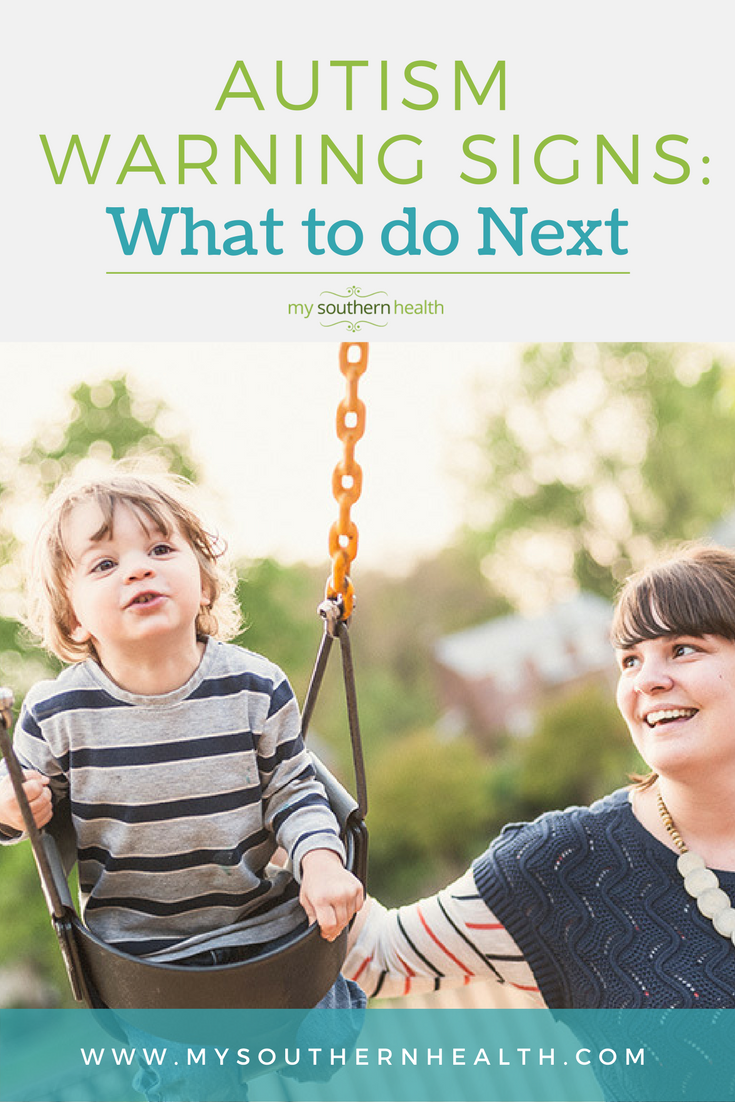Early diagnosis is important; here’s what to do if concern arises over signs of autism.
As a psychologist who works with young children with autism spectrum disorder, I spend a lot of time talking to parents about child development. After hearing hundreds of their stories, I thought I understood what it’s like to worry about your child. But after becoming a parent myself, I realized that I’d only had a small sense of the tremendous love and anxiety that we feel when we think about our children and their futures.
We hear a lot about autism spectrum disorder from friends, news stories, even TV shows. When it comes to worrying about autism spectrum disorder in your own child, it can be hard to know what to do next. We are the experts on our kids’ personalities, but figuring out what might be symptoms of these disorders can be confusing.
Early diagnosis is important because it allows treatment to start earlier. A diagnosis also helps families understand why some things are harder or easier for their children.
But how do you get a diagnosis? What do you do if you’re worried about your child’s development?
Learn the warning signs.
Some good websites to learn about early autism spectrum disorder signs and getting a diagnosis include:
- “Learn the Signs. Act Early” gives information about typical development, autism spectrum disorder, and what to do if you’re worried.
- Autism Speaks provides lots of information about autism spectrum disorder. This includes a list of early autism spectrum disorder signs and a First Concern to Action Tool Kit that gives “next steps” for parents who are worried about autism spectrum disorder.
Talk with your pediatrician.
Write down the things that worry you. Call him or her to talk about it. Don’t wait until your next checkup.
Ask for a referral.
After talking with your pediatrician, ask about a referral for testing. At Vanderbilt, we see patients from all over the southeastern United States, but testing may be available closer to you. You can also consult the First Concern to Action Tool Kit.
While you wait for testing, there are two places you can contact to see if your child is eligible for services. Although they don’t usually test for autism spectrum disorder, they can test for other learning or developmental delays and provide therapies if your child meets their criteria.
- If your child is under 3, contact the Tennessee Early Intervention System, a statewide agency that provides free services to eligible children: 1-800-852-7157.
- If your child is older than 3, contact your local school system and ask about having your child tested for special education services.
Parenting is such an adventure. We make hard choices every day that can make us doubt ourselves at every step. I hope that the websites and agencies listed above will help you feel better prepared to watch your child’s development and talk with your pediatrician if you ever feel worried.
Amy Weitlauf, Ph.D., is a licensed clinical psychologist specializing in the diagnosis of autism spectrum disorders. She works with families through Pediatrics and the Vanderbilt Kennedy Center’s Treatment and Research Institute for Autism Spectrum Disorders (TRIAD).


Learn more
For questions about autism spectrum disorder resources at Vanderbilt, contact the Vanderbilt Autism Resource Line: 877-273-8862, email us at autismresources@vanderbilt.edu or visit our website.
Also, test your autism IQ with our My Southern Health quiz.

